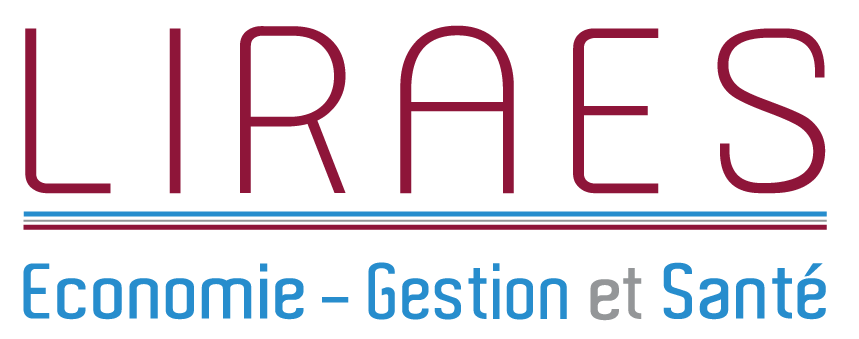45 rue des Saints Pères - 75006 PARIS

Voici l’information concernant le 3ème séminaire inter-établissements parisiens HELP (Health economics labs in Paris seminar) d’économie de la santé.
Nous aurons le plaisir d’accueillir Iván Tzintzun (Paris School of Economics, Hospinnomics) qui présentera un papier intitulé : “Long term effects of extreme temperatures during pregnancy on human capital accumulation – Evidence from 2007 to 2017 Brazilian national standardized test scores”
Abstract
This research examines the impact of in-utero temperature exposure on the long-term accumulation of human capital. I utilize data from the ERA-5 land project for daily temperature estimates, as well as standardized test scores from the Brazilian educational census (SAEB) for 5th and 9th grade students spanning from 2007 to 2017, comprising over 20 million observations. The SAEB dataset includes students’ dates of birth, allowing for the estimation of climatic exposure during pregnancy. I leverage quasi-random temperature fluctuations experienced by various cohorts of children across Brazilian municipalities. Specifically, I identify the effect of temperature by analyzing interannual temperature variations while adjusting for differences in municipality-specific seasonality and health shocks at birth. The analysis yields three main findings. Firstly, the estimates reveal a significant negative impact of in-utero temperature exposure on SAEB test scores: a 1ºC increase in average maximum temperature correlates with a reduction of 1.57 to 1.74 percentage points in a standard deviation of the combined test scores. Secondly, consistent with prior research, our results indicate that the negative effects predominantly occur during the second and third trimesters. The observed mechanisms align with the fetal hypothesis: a 1ºC increase in the average maximum temperature during pregnancy leads to an increase of 0.961 very preterm birth cases per 1000 births (approximately 1450 new annual cases), 0.767 low birthweight cases per 1000 births (approximately 620 new annual cases), and 0.176 very low birthweight cases per 1000 births (approximately 320 annual cases).
Objectifs
– Offrir – principalement aux doctorant.e.s et post-doctorant.e.s, un espace pour présenter leurs travaux de recherche et avoir des retours, dans un cadre bienveillant
– Promouvoir la recherche en économie de la santé à Paris et ses alentours
– Favoriser les échanges et les potentielles collaborations entre doctorant.e.s. et chercheur.e.s travaillant sur des thématiques d’économie de la santé rattaché.e.s à différents établissements parisiens
Organisation de ces séminaires
The HELP seminar aura lieu chaque mois dans les différents établissements parisiens centraux (en raison des longs trajets pour rejoindre les laboratoires les plus excentrés) qui hébergent des doctorant.e.s en économie de la santé.
Les premiers établissements organisateurs seront donc : Paris 1, PSE/hospinnomics, Paris-Cité.
Seuls les trois premiers séminaires sont programmés pour l’instant car l’idée est que le séminaire évolue en fonction des retours des participants, des besoins identifiés des doctorants et post-doc, etc.
